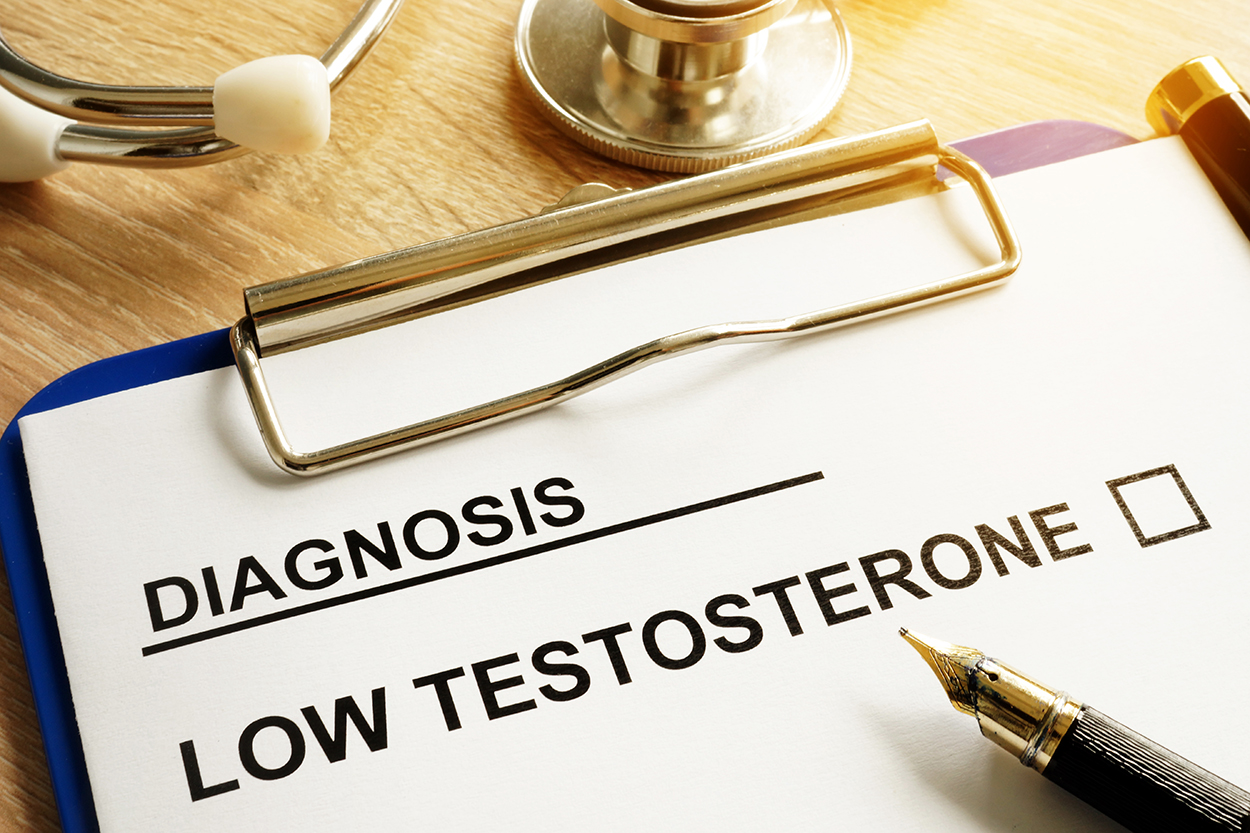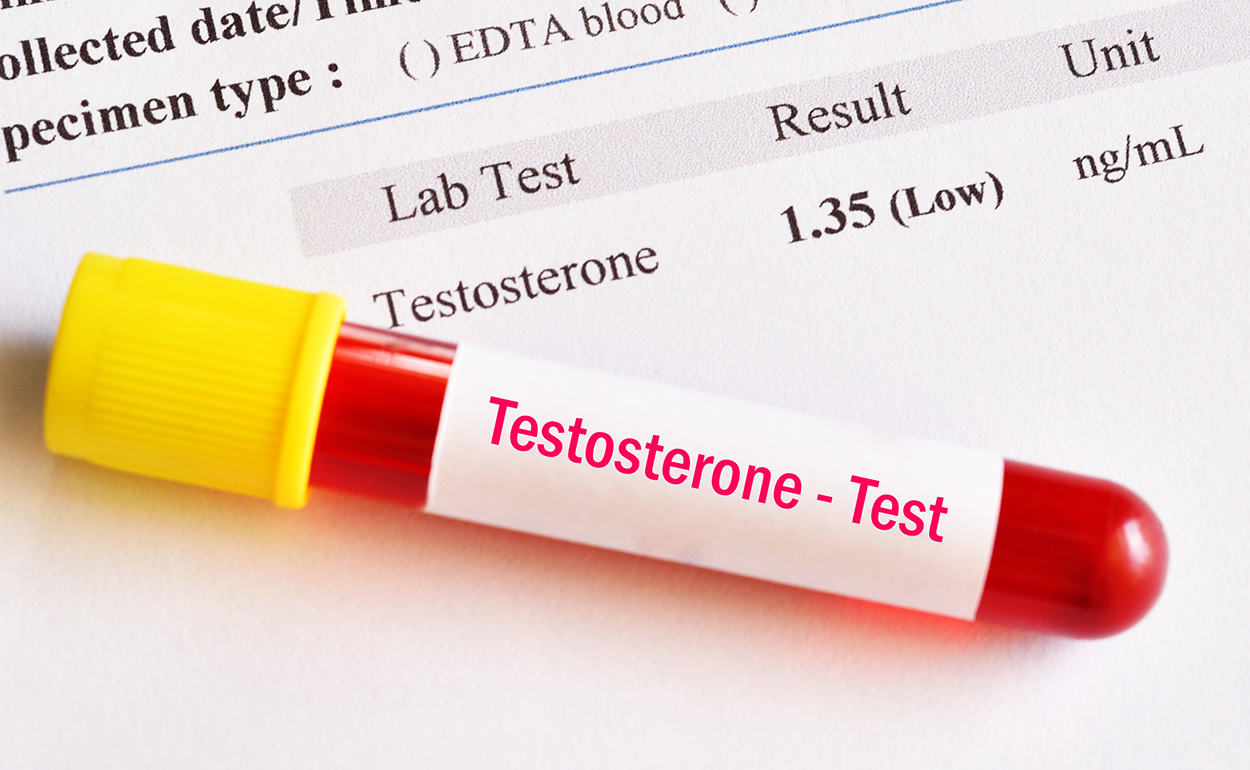Get A Free Legal Consultation
- We fight to maximize your results
- No out-of-pocket costs
- Over $10.6 billion recovered for families



In January 2014, the U.S. Food and Drug Administration (FDA) issued a testosterone safety announcement stating testosterone therapy is only approved for men who have low testosterone levels caused by certain medical conditions. Testosterone therapy is not approved for men who have low testosterone levels due to aging.
As a result, the FDA ordered all testosterone therapy manufacturers to update the labels of all testosterone products to inform men about the increased risk of stroke, heart attack and death in patients taking testosterone.
Simmons Hanly Conroy is no longer accepting Testosterone Replacement Therapy cases.
New research has found that testosterone treatments for men could cause an increased risk of stroke, heart attack or even death. Men with signs of heart problems were more likely to suffer a stroke, heart attack or die while taking testosterone supplements. Additionally, younger men with a history of heart disease were three times as likely to suffer a stroke or heart attack while taking the therapy. The study examined medical records of 56,000 men after they filled a prescription for testosterone treatment.
The study was published in PLOS ONE, an international, peer-reviewed online publication in January, 2014. It is a part of the growing body of research that raises concerns about the increased risk associated with taking testosterone therapy.
In 2011, more than 5 million prescriptions for testosterone were written in the United States, according to news reports. Testosterone therapy is most often administered as a gel, patch or injection.
The dangers of testosterone treatments are becoming more well-known, especially as more study results align with the above findings. Men who have taken testosterone treatments and were injured may be eligible to file for compensation.
A normal part of male aging is the gradual decline of testosterone production. This gradual waning typically begins after age 30 and continues throughout a man’s life. Since testosterone is responsible for a variety of health functions, including maintaining muscle bulk, bone density and sexual and reproductive function, it can be discomforting to experience low levels of testosterone.
A gradual decline in natural testosterone production can lead to the following changes in the body:
Men with low testosterone (male hypogonadism) may also experience a decreased sex drive, depressed mood, difficulties concentrating and erectile dysfunction. Such changes may cause a man to seek medical advice and subsequently be prescribed testosterone medications, also known as testosterone therapy or low T treatments.
Testosterone therapy or low T treatment is prescribed to men to combat the natural decline in testosterone as they age. It is a hormone that can affect numerous areas of the body. It promotes the growth of the male reproductive system, contributes to proper sexual function, boosts libido, prevents loss of scalp hair and even reduces the accumulation of abdominal fat.
As men age, testosterone production naturally declines. According to the Mayo Clinic, testosterone production naturally declines about 1 percent every year after age 30. This is a normal occurrence that may be caused by the testosterone receptors becoming less receptive, resulting in a decrease in testosterone production. Symptoms usually become more noticeable among men between the ages of 48 to 70.
To combat these negative health issues, many men turn to low testosterone (low T) treatments as a method to boost the production of testosterone. These types of treatments come in the form of a gel, patch or injection.


More than 5 million prescriptions for testosterone treatments were written in the United States in 2011 alone. These medications are prescribed to men to treat health issues associated with low testosterone deficiency. Such health issues may include lower sex drive, weakening bone density and decreased muscle mass.
However, new research has shown these testosterone replacement therapy treatments are more dangerous than initially thought. One study published in the Journal of the American Medical Association found a definitive increased health risk among men with signs of heart problems who are taking testosterone supplements.
The study conducted by researchers at the University of Texas examined 9,000 male veterans with an average age of 60 who had gone through at least one coronary angiography between 2005 and 2011. This procedure is meant for people experiencing symptoms like chest pain or for individuals at increased risk of heart problems, and it tests the arteries to check for plaque buildup or other issues.
About 1,200 of the men who had the coronary angiography also had low testosterone levels. They began taking testosterone treatments soon after.
Approximately 2.4 years later, researchers followed up with the men. Among the men receiving the testosterone treatments, results showed that numerous men had either suffered a heart attack, congestive heart failure, stroke or death from any cause. Fewer of the men who did not take testosterone supplements also experienced such health problems or died from any cause.
This study aligned with the results found in an earlier clinical trial for testosterone therapy among men with heart problems. The clinical trial ended early after it revealed high rates of heart problems among participants receiving low T supplements.
Specifically, research has shown that men who take testosterone treatments may experience increased risk of: